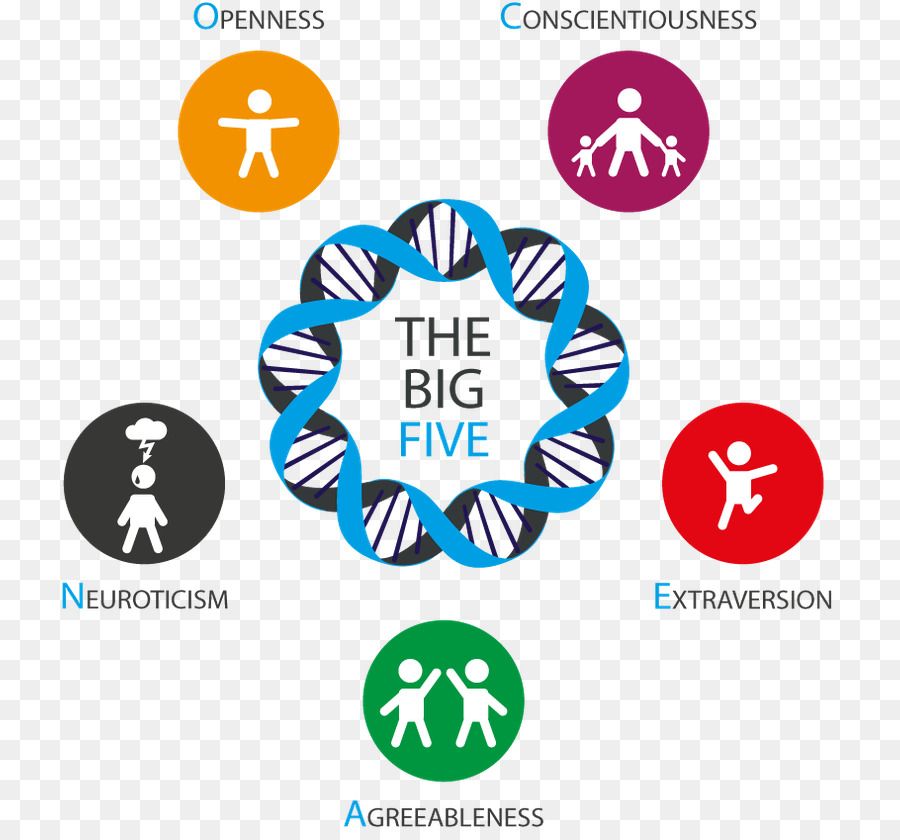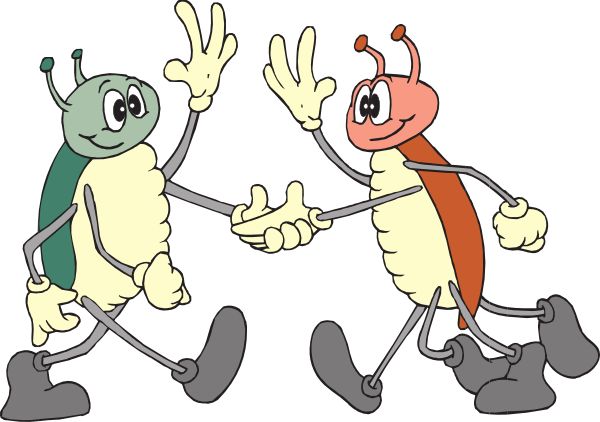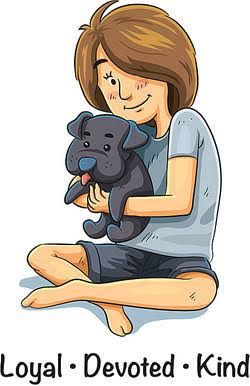The Big Five Personality Traits - Contd.....
Jun 08, 2019 • 200 views
My last wryt-up, entitled The OCEAN of Personalities, described the five-factor model coined by personality psychologists to theorize the five super ordinate factors, the basics of any personality. The starting two traits, i e., the O and C of the OCEAN model(also abbreviated as CANOE) have been discussed previously. Now let's talk about the rest three, i.e., Extraversion, Agreeableness and Neuroticism.

Extraversion :
Extraversion here refers to all keywords such as radiating warmth/love, friendliness, socially active, bold, gregarious, assertive, etc. This trait hence encompasses action-orienteers and a visibility in doing so. That is, people who are outgoing, able to assert themselves and capture the limelight when required, gaining energy when exposed to the external world are the extraverted ones.

The polar opposites are the introverts, who as described by this theory tend to be reserved and not outgoing, keeping to themselves mostly and energized by solitude and quiet self-times, wary of being the center of attention and being drained of energy when having to socialize a lot.
Of course, such extremities are purely theoretical, people are mixed bag bearers of both these areas of the domain of extraversion. Today, we know that even introversion and extroversion has its own kinds, its own particularly mixed shades. You can check out about these in detail in my previously written write-ups.
Agreeableness:
Such people, in addition to agreeing on others' righteous demands, also behold the characters like being trustworthy, helpful, kind, considerate, empathetic, generous and do not hesitate to compromise their interests with others. They are modest and altruistic with an inclination towards being selfless. They are, hence, really liked all over.

On the other hand, their opposites are the generally disagreeable people, who wouldn't compromise their interests for others, could be considered unfriendly and even be insulting and manipulative.
Neuroticism:

Neuroticism , here, basically refers to being emotionally unstable. Such people have a tendency to experience anger, depression, anxiety and other forms of negative emotions and easily lose their temper. A hardcore neurotic experiences dramatic mood swings and stress, struggles to bounce back after exposure to anxiety or stressful events.
Those who display the opposite characters such as emotional stability, dealing well with stress, not getting anxious, being relaxed and basically resilient are the ones on the positive side of this domain. They are calm and free from negative thoughts.
Comments on the model:-
Studies have found that the big 5 factors theory of personality is actually universal and independent of a person's biological origins. Another fundamental aspect to keep informed about these personality traits is that there is a good chance these personality traits might not occur altogether. That is, a single person can show combination of variety of these personality traits categorized in different dimensions.
Also, this model can depict only those characters which a person shows publicly, but not the privately held notions.
Conclusion
The bottom line is that these dimensions represent broad areas of personality. And, personality, as a whole, is complex and varied; each person may display behaviors across several of these dimensions. And a person's behaviour depends upon his personality as well as the situational variables too!
